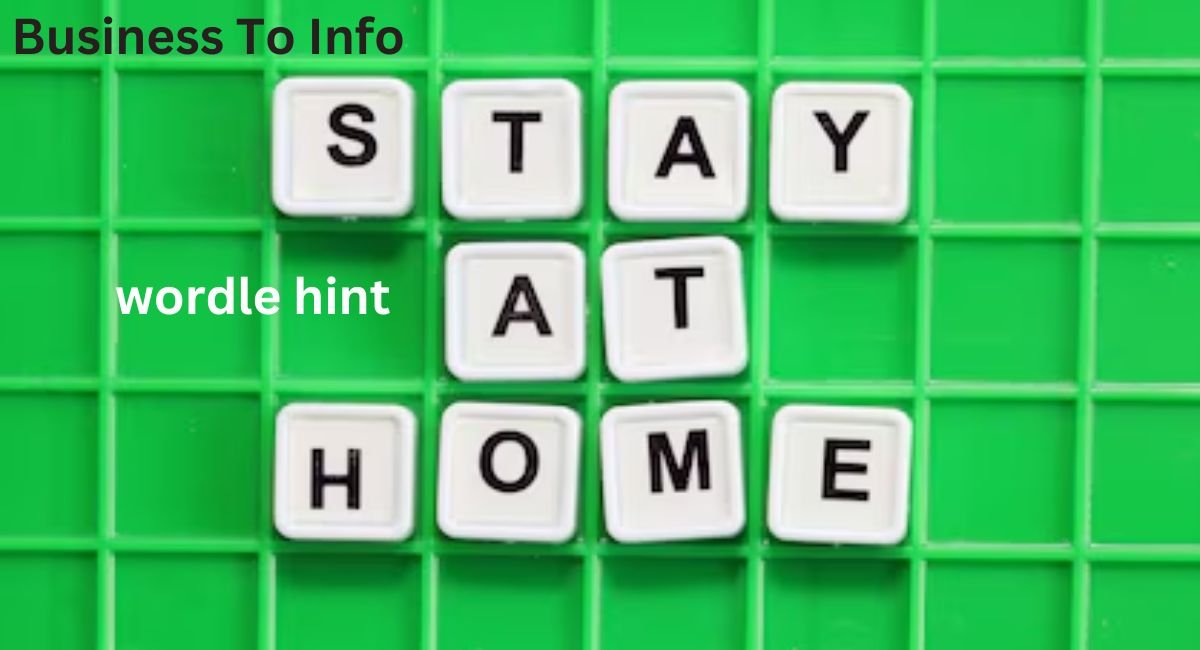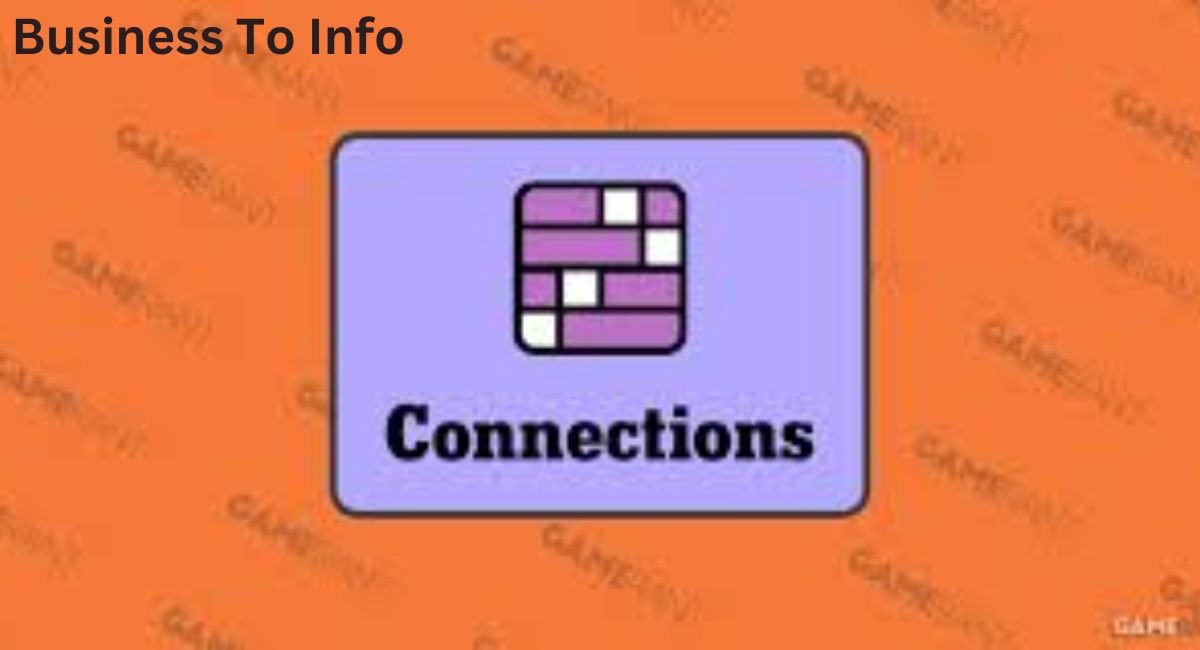Wordle has become a daily obsession for millions of word puzzle enthusiasts. The thrill of guessing the correct five-letter word within six attempts has turned this simple game into a global phenomenon. But for those who find themselves repeatedly stumped, the right Wordle hint can make all the difference. This article will explore how to use hints effectively, offering strategies to enhance your gameplay and ensure consistent success.
Why Wordle Hints Are Crucial for Success
Wordle might seem straightforward at first, but as you progress, the challenge increases. The more you play, the more you realize that a well-timed hint is more than just a clue—it’s a strategy. Hints in Wordle can guide your thinking, helping you avoid common pitfalls and focus your guesses more effectively.
A Wordle hint isn’t about making the game too easy; it’s about enhancing your problem-solving process. By understanding the different types of hints available and how to use them, you can turn the odds in your favor, making each game more enjoyable and rewarding.
Key Elements of an Effective Wordle Hint
To leverage hints in Wordle effectively, you need to understand what makes a good hint. The best hints provide just enough information to steer you in the right direction without giving away the answer. Here are some key elements to consider:
Letter Frequency and Common Patterns
In the English language, some letters are more common than others. For example, vowels like A, E, and O, as well as consonants like R, T, and N, appear frequently in five-letter words. Starting with a guess that includes these common letters can provide valuable information early on.
Word Structure and Syllables
Understanding the structure of English words can also provide useful hints. Many five-letter words follow common patterns, such as consonant-vowel-consonant or vowel-consonant-vowel. Recognizing these patterns can help you make more informed guesses.
Feedback Analysis
Wordle’s feedback system, which highlights correct letters in green and misplaced letters in yellow, is itself a hint. Learning to analyze this feedback effectively is crucial. For example, if you guess a word and see two green letters, focus your next guess on finding the remaining letters that fit around these.
Strategic Use of Wordle Hints for Daily Play
Success in Wordle isn’t just about random guessing; it’s about strategic thinking. Below are some tried-and-true strategies for using Wordle hints to enhance your daily play:
Begin with a Balanced Opening Word
Your first guess should be a word that covers a variety of common letters, particularly vowels and consonants. Words like “EARTH,” “ADIEU,” or “STORE” are popular choices because they provide a broad range of possibilities for your next guess. This approach maximizes the chances of revealing key letters early.
Prioritize Eliminating Letters
One effective strategy is to use your first few guesses to eliminate as many letters as possible. For instance, if your opening word doesn’t yield much, use a completely different set of letters in your next guess. This tactic helps you narrow down the possible letters quickly, making it easier to focus on the remaining options.
Leverage Partial Hints
If you identify one or two correct letters, think about their possible positions in the word. Try different combinations while keeping those letters constant. This methodical approach helps you narrow down the word possibilities and guides your next guesses more effectively.
Use Word Families as a Guide
Word families—groups of words with similar patterns—can provide helpful hints. For example, if you know that a word contains the letters “O_E,” consider word families that fit this pattern, such as “LOVER,” “MOVER,” or “HOVER.” This strategy can quickly lead you to the correct word.
Avoiding Common Mistakes When Using Wordle Hints
Even with a solid strategy, it’s easy to fall into common traps when using Wordle hints. Here’s how to avoid these pitfalls and improve your gameplay:
Over-Reliance on Rare Letters
While it’s tempting to guess words with rare letters like Q, Z, or X, it’s usually better to focus on more common letters first. Rare letters should be reserved for later guesses when you have more information about the word’s structure.
Misinterpreting Feedback
One of the most common mistakes in Wordle is misinterpreting the feedback from your guesses. If you see a letter highlighted in yellow, it’s important to remember that it’s in the word but not in the correct position. Misplacing it again in subsequent guesses wastes valuable opportunities.
Ignoring Word Length Considerations
Although all Wordle words are five letters long, some players make the mistake of guessing words that are too short or too long when they’re brainstorming possibilities. Always ensure that your guesses fit the five-letter requirement to avoid unnecessary confusion.
Advanced Wordle Hint Techniques for Consistent Wins
As you become more experienced with Wordle, you can start incorporating advanced techniques to further refine your gameplay. These techniques involve deeper analysis and more strategic use of hints.
Exploit Vowel and Consonant Distribution
Understanding how vowels and consonants are distributed across English words can give you an edge. For example, many five-letter words start with a consonant and are followed by a vowel. Use this knowledge to make more educated guesses, especially after your first few attempts.
Play with Word Variations
If you’re stuck with a specific letter combination, try varying the ending of the word. For instance, if you have “ING,” consider words like “DINGO” or “BINGO.” This technique helps you explore different possibilities within a familiar pattern.
Combine Hints with External Resources
While Wordle is designed to be a self-contained puzzle, there’s no harm in using external resources to enhance your gameplay. Online word lists and solvers can provide additional hints, helping you to discover new word possibilities you might not have considered on your own.
FAQs
What’s the most effective opening word to use in Wordle?
The most effective opening word typically includes a mix of common vowels and consonants, such as “EARTH” or “CRANE.” These words help you gather essential clues early in the game.
Can external tools provide helpful Wordle hints?
Yes, external tools like word solvers and online word lists can offer valuable hints. However, it’s important to use them sparingly to maintain the challenge and enjoyment of the game.
How can I improve my ability to analyze Wordle feedback?
To improve your feedback analysis, focus on understanding the meaning of green and yellow letters. Practice by reflecting on past games and considering alternative guesses that could have been more effective.
Is it better to guess common words first?
Yes, guessing common words first increases your chances of identifying correct letters early. This approach provides more useful hints for subsequent guesses.
How do I deal with tricky letter combinations?
When faced with tricky letter combinations, consider word families and common patterns. Experiment with different positions for known letters and think about similar words that fit the pattern.
Should I always use a Wordle hint if I’m stuck?
Using a Wordle hint can be helpful when you’re stuck, but it’s important to balance this with independent problem-solving. The satisfaction of solving the puzzle on your own is part of the game’s appeal.
Conclusion
Master Wordle requires a blend of strategy, vocabulary knowledge, and careful analysis. By understanding how to use Wordle hints effectively, you can greatly enhance your gameplay, turning even the most challenging puzzles into solvable challenges. Whether you’re a casual player or a dedicated puzzle solver, these strategies will help you achieve consistent success and keep the game enjoyable every day.




